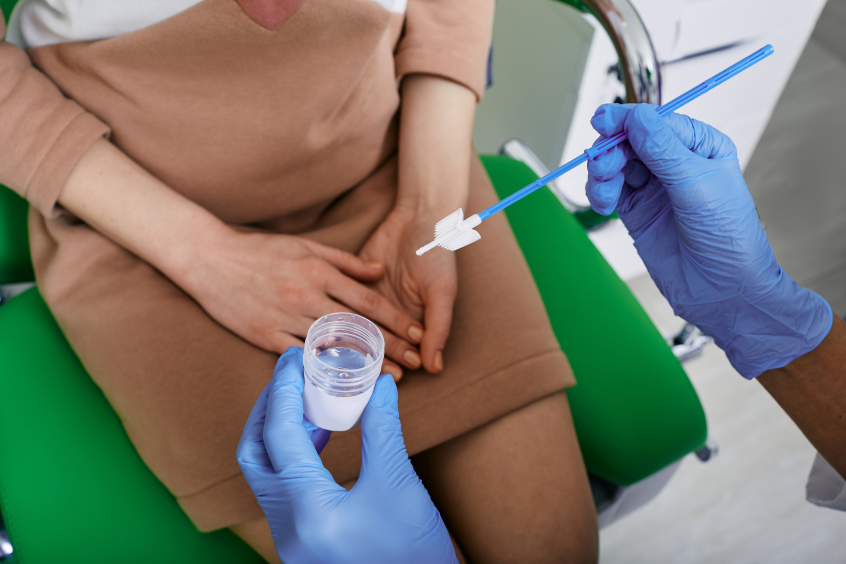Regular health screenings are crucial for maintaining women’s health, and one of the most important tests is the Pap smear. Despite its significance in cervical health, the Pap smear is often surrounded by misconceptions that deter women from getting this life-saving test. This blog aims to debunk common myths about Pap smears and shed light on their role in protecting women’s health.
What is a Pap Smear and Why is it Important?
A Pap smear is a simple and effective screening procedure used to detect abnormal changes in the cells of the cervix. These abnormalities, if left untreated, could lead to cervical cancer. Regular Pap smears allow for early detection and intervention, significantly reducing the risk of advanced cervical disease. By incorporating Pap smears into routine healthcare, women can take proactive steps in maintaining their cervical health and overall well-being.
Separating Fact from Fiction: What You Need to Know About Pap Smears
It is vital to rely on evidence-based information when it comes to Pap smears. Myths about Pap smears often discourage women from prioritising this important screening. By understanding that Pap smears are simple, effective, and minimally invasive, women can make informed decisions about their health. Remember, Pap smears are a cornerstone of cervical cancer prevention and should not be overlooked due to misinformation.
Benefits of Regular Pap Smears for Women’s Health
Regular Pap smears offer numerous benefits for women’s health. They allow for the early detection of cervical abnormalities, enabling timely treatment and prevention of cervical cancer. Pap smears also provide peace of mind by confirming the absence of concerning changes in cervical cells. By incorporating Pap smears into routine healthcare, women can take charge of their long-term well-being.
When Should You Schedule a Pap Smear?
Healthcare professionals recommend that women begin Pap smear screenings at the age of 21. For most women, a Pap smear is advised every three years. However, the frequency may vary based on individual medical history and risk factors. Women with abnormal Pap smear results or additional health concerns may require more frequent testing. Always consult your healthcare provider to determine the best Pap smear schedule for your needs.
Tips for a Comfortable and Stress-Free Pap Smear Experience
Preparing for a Pap smear can help make the process smoother and less intimidating. Scheduling the test when you are not menstruating and wearing comfortable clothing can help ease the experience. Communicating openly with your healthcare provider about any concerns or anxiety is also important. With these steps, a Pap smear can become a routine part of your health care without undue stress.
Empowering Women Through Knowledge
Debunking myths about Pap smears is essential for encouraging women to prioritise their cervical health. Understanding the facts about Pap smears allows women to make informed decisions and take proactive steps toward their well-being. Don’t let misconceptions stand in the way of regular screenings—schedule your Pap smear today and share this information to empower others to take control of their health.











